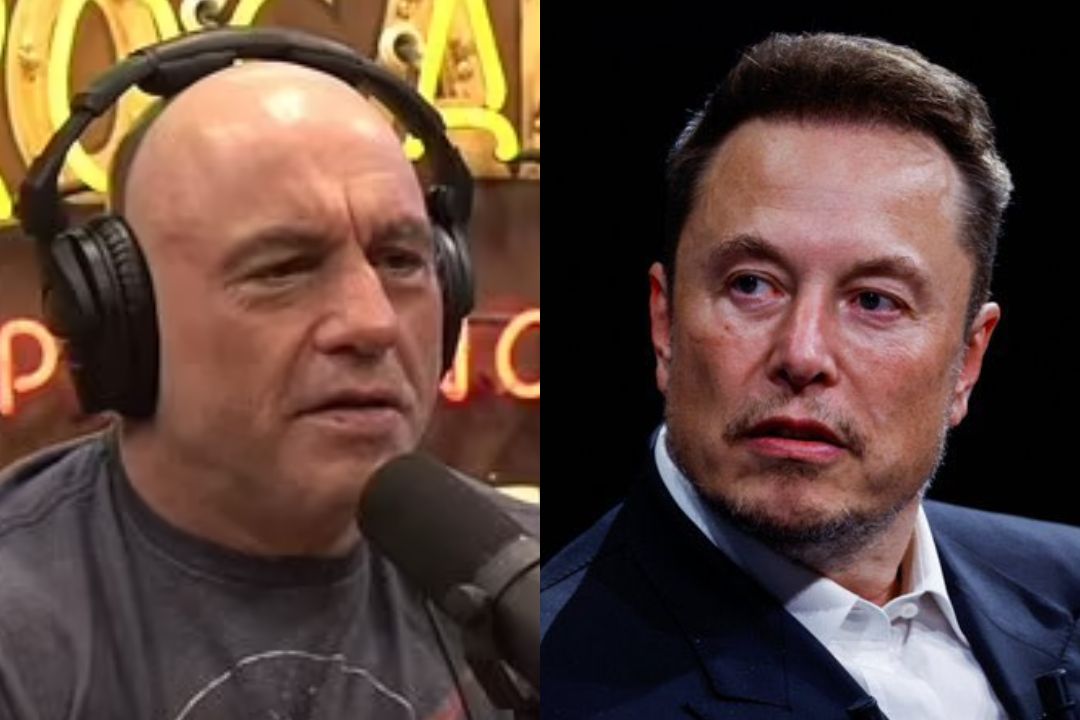

Social media stands as a pillar of contemporary existence, with smartphones delivering global connectivity right into our hands. Before curated feeds and complex algorithms took over, platforms like MySpace provided a personal, unfiltered experience. The journey from Orkut to Instagram showcases a relentless and rapid evolution in social media. Today, we tackle a fast-paced online world where algorithm-driven giants reign supreme, with Instagram and X emerging as two of the most powerful forces.
Watch What’s Trending Now!
While both platforms are driven by engagement, the way they serve content differs greatly due to their distinct algorithms. This difference came up during a recent chat between Joe Rogan and comedian-actor Mike Vecchione on episode #2356 of The Joe Rogan Experience. Rogan asked, “Are you on Twitter?” to which Vecchione replied, “I’m off of it.” But Vecchione didn’t leave it at that—he dove deeper into his reasons. Let’s find out why.
ADVERTISEMENT
Joe Rogan and Mike Vecchione call out comedy’s algorithm-era grind
Social media has completely reshaped how people gain attention and success today. Just look at the 11-year-old aura-farming boy who became an internet sensation with a single reel—captivating audiences with his dance moves that are now being imitated everywhere from MotoGP paddocks to viral trends online. The same pattern applies to stand-up comedy: one well-timed viral clip or reel can launch a comedian into the spotlight almost overnight.
But that kind of organic rise no longer happens on Twitter. In Mark Vecchione’s words: “It just doesn’t benefit you to write jokes on it (Twitter) anymore. Now it’s confrontation—that’s what the algorithm loves.” He added, “So unless you’re trying to—at least the way I view it—unless you’re trying to take somebody down or have an argument, that spurs the algorithm. So I don’t want to do any of that.” Joe Rogan agreed, summing it up as “nonsense.”
Top Stories
Khabib Nurmagomedov Explains Why He’ll “Never” Be Friends With Dustin Poirier and Justin Gaethje
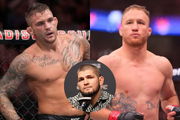
“RIP”: MMA Community Comes Together to Raise Funds for Family as Prominent Figure Dies at 45
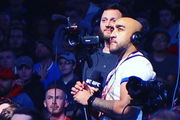
Why UFC Great Dustin Poirier Doesn’t Need to Stay Retired in 2026
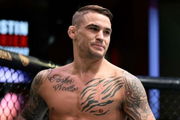
After Tracy Cortez Breakup, Brian Ortega Shares Emotional Confession on His Wife and Kids

Justin Gaethje Risks Dana White’s Punishment as He Nearly Puts UFC 324 at Risk
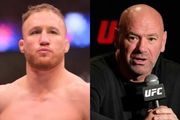
- Mike Vecchione also pointed out that he now prefers creating “front-facing Instagram videos,” explaining, “You talk into your phone. That’s what people love now.” But while social media has undoubtedly expanded the reach of stand-up, it has also fast-tracked the process in ways that may not always benefit the craft.
ADVERTISEMENT
As Joe Rogan pointed out, “You know, they start out, they’ve been doing comedy for three years, they’ve got a good 10 minutes, and they put that 10 minutes online. Then boom, they take off. Now you have to write a whole hour, right? Outside of that 10 minutes. And you have to headline. Like, it’s just a rush job to kind of get it through.”
ADVERTISEMENT
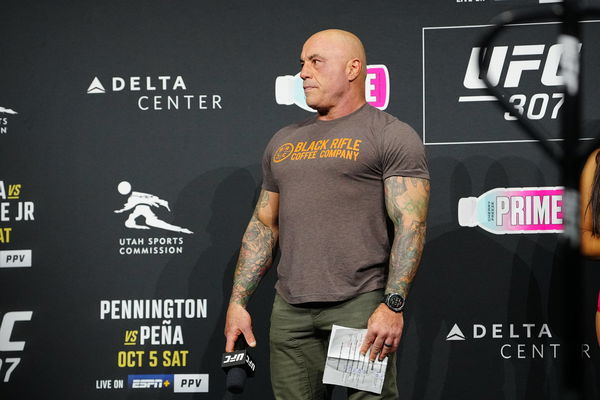
The podcaster’s observation nails a growing reality—going viral has never been easier, especially for young, up-and-coming comedians. But that instant visibility comes with its own set of challenges. With just 10 polished minutes of material, many comics find themselves suddenly pushed into headlining roles, often before they’re truly ready.
ADVERTISEMENT
Rogan reflects on managing comedy gigs with UFC duties
Today, people might best know Joe Rogan as the ‘ultimate voice of MMA’ and the world’s most influential podcaster, but his journey started with a microphone in a comedy club—not a cage. Long before the UFC spotlight, stand-up comedy was Rogan’s first love and the true foundation of his career. At 21, he stepped away from what could have been a future in combat sports. Despite being a skilled martial artist with national titles in taekwondo, Rogan decided the mounting injuries and risk of concussions weren’t worth the long-term cost.
That decision led him to chase laughs instead of knockouts. Drawing from Richard Pryor’s groundbreaking concert film, Joe Rogan plunged into the stand-up scene in the late 1980s. He embraced blue comedy—raw, edgy material that forged his early voice on stage. The journey was anything but straightforward. The podcaster realized that comedy alone wouldn’t cover the bills, so they took action and expanded their horizons by landing acting roles in sitcoms.
ADVERTISEMENT
Those roles provided him with a reliable income and set the stage for greater opportunities ahead. He burst onto the UFC scene in 1997, stepping in as a backstage interviewer. When Dana White and the Fertitta brothers took over the organization, Joe Rogan stepped into the commentary booth—a pivotal shift that shaped his legacy and set the UFC’s broadcast tone. During a 2006 discussion with UFC editorial director Thomas Gerbasi, which was later re-released in 2020, the podcaster shared his insights on the significance of stand-up in his life:
“When you’re good at standup comedy, it’s the most fun thing in the world. It might sound like hippie nonsense, but you take a whole room of people and you make them feel better. That’s a real, plausible effect, and you see it happen. You see them come to the show, you see giant smiles on their faces, they’re doubled over laughing, and you make them think about some crazy s**t. There’s no more rewarding job on the planet. Nothing is even close.”
Examining Joe Rogan’s journey prompts a clear question: among his various roles as a comedian, actor, UFC commentator, and podcaster, which one did he genuinely conquer?
ADVERTISEMENT
ADVERTISEMENT
ADVERTISEMENT
ADVERTISEMENT

